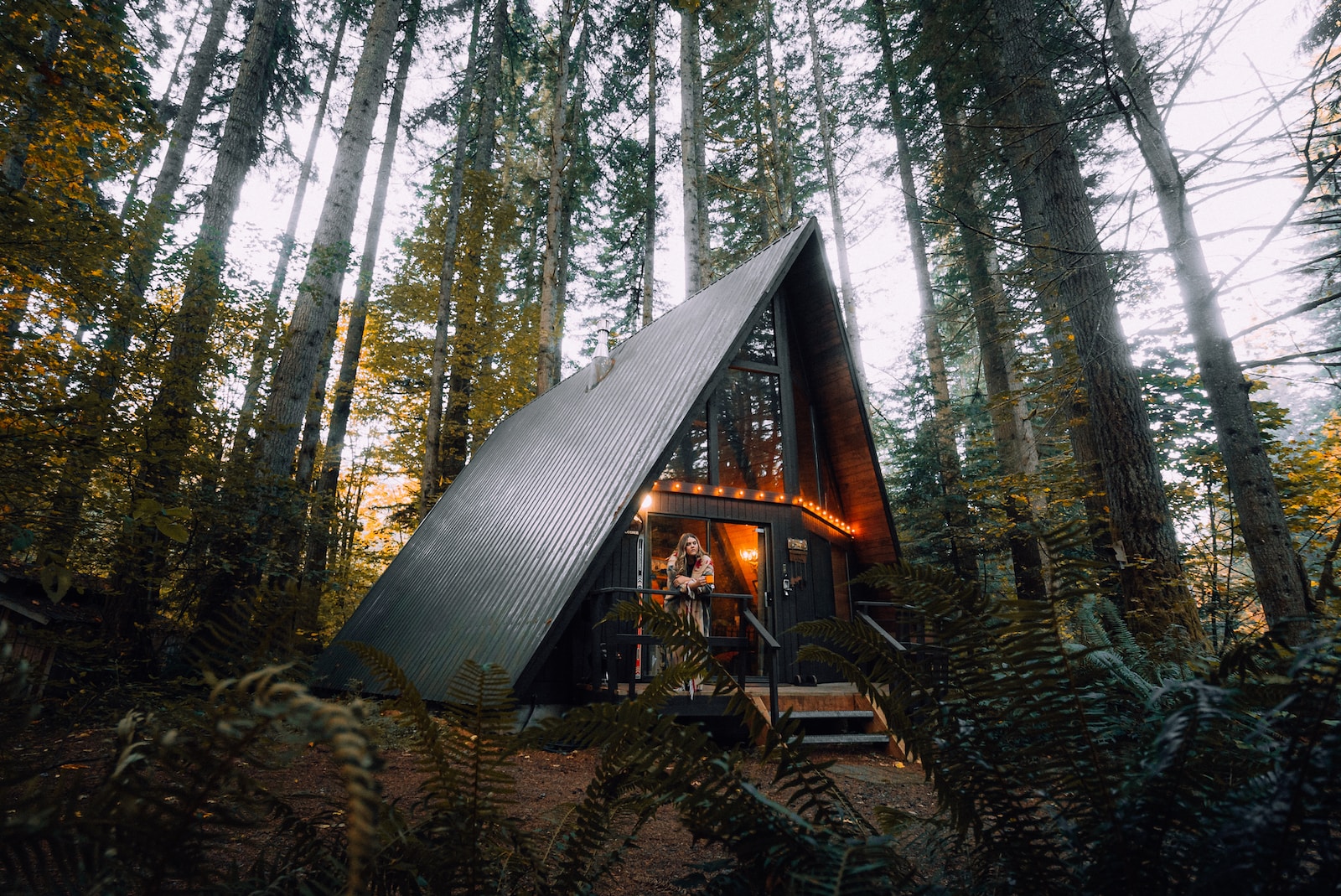In recent years, Airbnb has taken the world by storm, providing travelers with an alternative to expensive hotels and giving homeowners the opportunity to monetize their spare rooms and vacant properties. Being an Airbnb host has its perks, but many hosts are missing out on potential benefits by solely relying on the platform. Here are five reasons Airbnb hosts need their own website and why it can help them elevate their business to new heights.
Also, be sure to check out our other guide: 7 Proven Strategies to Promote your Airbnb Listing
1. Establishing a professional online presence
While listing your property on Airbnb allows you to reach potential guests, having your own website provides a centralized platform that can establish a more professional and cohesive online presence. This not only distinguishes you from the competition, but also helps you take control of your brand image.
Having a professional online presence is essential for any business, and the same holds true for vacation rentals. By creating a website for your rental property, you can showcase your unique brand identity and make a lasting impression on potential guests. This will not only help you attract more bookings, but also build a loyal customer base.
Creating a unique brand identity
With your own website, you can create a unique, memorable, and consistent brand identity. This includes using eye-catching photography, design, and user experience that reflects your property’s character and the types of accommodations that you offer. By doing so, you create a deeper connection with your guests and establish a strong presence in a saturated market.
When creating your brand identity, it’s important to think about what sets your property apart from others in the area. Are you located in a historic building? Do you offer unique amenities like a hot tub or private pool? Highlighting these features on your website can help you stand out from the competition and attract guests who are looking for something special.
Showcasing your property’s best features
An Airbnb listing often has limitations when it comes to design and layout, while your own website provides the creative freedom to showcase your property’s best features in a more appealing way. This may include creating galleries, showcasing amenities, sharing guest reviews, and highlighting nearby attractions – all customized to appeal to your target audience.
When designing your website, think about the types of guests you want to attract. Are you targeting families with young children? Business travelers? Couples on a romantic getaway? By tailoring your website to your target audience, you can create a more personalized experience that will resonate with potential guests.
Don’t be afraid to get creative with your website design. Use high-quality photos and videos to showcase your property’s best features, and consider adding interactive elements like virtual tours or 360-degree photos. The more engaging and informative your website is, the more likely guests are to book a stay at your property.
2. Direct communication with guests
Having your own website allows you to establish direct communication with potential guests. This personal touch can have a significant impact on your business by fostering trust and enabling you to provide personalized customer service that can set you apart from other hosts.
Building trust and rapport
When guests contact you directly through your website, it provides an opportunity to engage in personalized interactions that can help build trust and rapport. By cultivating a sense of connection, you’re more likely to make a lasting impression that leads to repeat guests and positive word-of-mouth referrals.
For example, you can include a section on your website that showcases your personality and your unique approach to hosting. This can include photos of yourself and your family, as well as stories about your experiences as a host. By sharing these personal details, you can create a sense of familiarity and trust with potential guests.
In addition, you can use your website to highlight positive reviews and testimonials from past guests. This can help build credibility and establish trust with new guests who may be hesitant to book with a new host.
Providing personalized customer service
A website enables you to tailor your customer service efforts to each guest’s unique preferences and needs. This personalized approach can elevate the guest experience and leave a lasting impression, leading to higher satisfaction rates and increased likelihood of return visits.
For example, you can include a form on your website that allows guests to provide information about their preferences and needs. This can include dietary restrictions, preferred activities, and any other details that can help you customize their stay. By gathering this information ahead of time, you can ensure that each guest feels valued and cared for.
In addition, you can use your website to provide guests with detailed information about your property and the surrounding area. This can include recommendations for local restaurants, attractions, and activities, as well as maps and directions to help guests navigate the area. By providing this information upfront, you can save guests time and help them make the most of their stay.
3. Increased control over bookings on your own website
Operating your own website gives you more control over your booking process. This includes managing availability, setting customized policies, and monitoring guest interactions. By taking charge of your booking system, you can optimize the process to better suit both you and your guests.
Setting your own cancellation policies
Airbnb enforces a standardized cancellation policy for hosts. However, with your own website, you can develop and implement cancellation policies that suit your needs and preferences. This leaves you in control when unforeseen circumstances arise and you need to make adjustments to your bookings.
Managing booking availability
Your own website allows you to manage your booking availability with more granularity than through Airbnb alone. You can synchronize your Airbnb calendar with your website’s booking system, ensuring you never face double bookings or under-booked dates. In addition, you can experiment with different pricing structures and promotions based on your property’s seasonal trends.
4. Avoiding platform fees
By using your own website to handle bookings, you can potentially avoid commission fees that can be quitesubstantial on platforms like Airbnb. This allows you to maximize your revenue stream and offer competitive pricing to your guests.
Saving on commission costs
Airbnb charges hosts a commission fee of up to 20% on each booking. By directing bookings to your own site, it’s possible to eliminate or at least reduce these fees, resulting in increased profitability for your business.
Offering competitive pricing
With the absence of hefty commission fees, you can offer more competitive pricing to your guests, making your property an attractive option in a crowded market. Furthermore, lower prices might encourage guests to prolong their stays or opt for more luxurious options, ultimately benefiting both parties.
5. Expanding your marketing reach
Having your own website provides a wider promotional platform that lets you capitalize on online marketing strategies beyond Airbnb’s scope. Implementing these strategies for your property’s website can help increase its visibility and direct traffic outside the platform’s limitations.
Utilizing social media and SEO
Using social media and search engine optimization (SEO) techniques, you can drive more traffic to your website and ultimately increase the chances of obtaining bookings. Engaging social media content and effective SEO practices can enhance your visibility online, helping you stand out in a competitive market.
Reaching a wider audience
By diversifying your online presence, you increase your chances of reaching a broader audience of potential guests, including those who may not typically use Airbnb. Your own website opens up opportunities to reach new customers, whether through organic search, social channels, or strategic partnerships with local establishments.
In conclusion, while Airbnb is an essential tool for many hosts, having your own website provides numerous benefits that can significantly elevate your vacation rental business. By implementing a professional online presence, fostering direct communication with guests, and taking control of your booking system, you have the potential to stand out in a competitive market, attract more guests, and ultimately, increase your revenue.
Are you ready to build a website for your Airbnb or vacation rental? We can have you up and running ASAP. Contact us today for a free quote!



